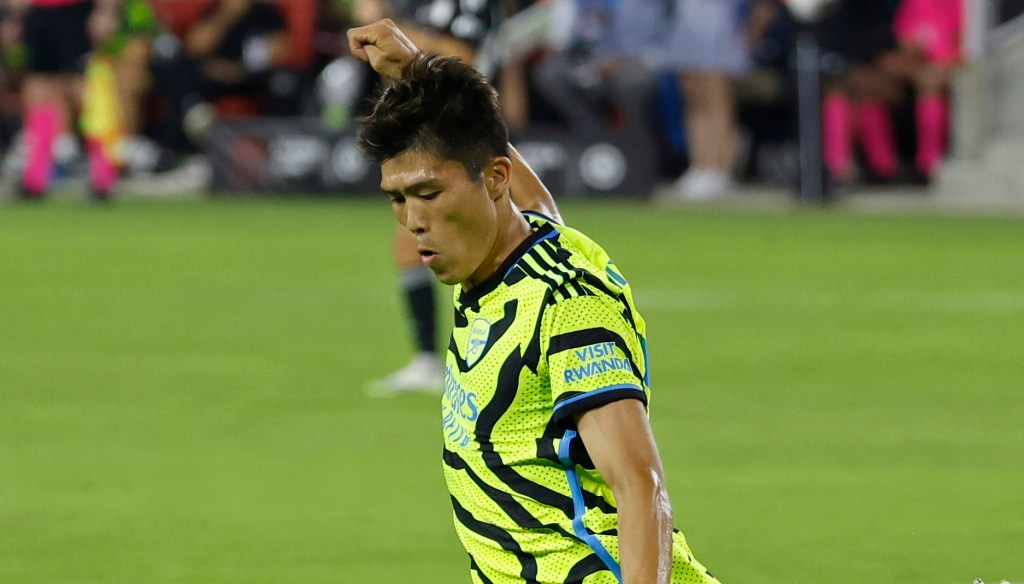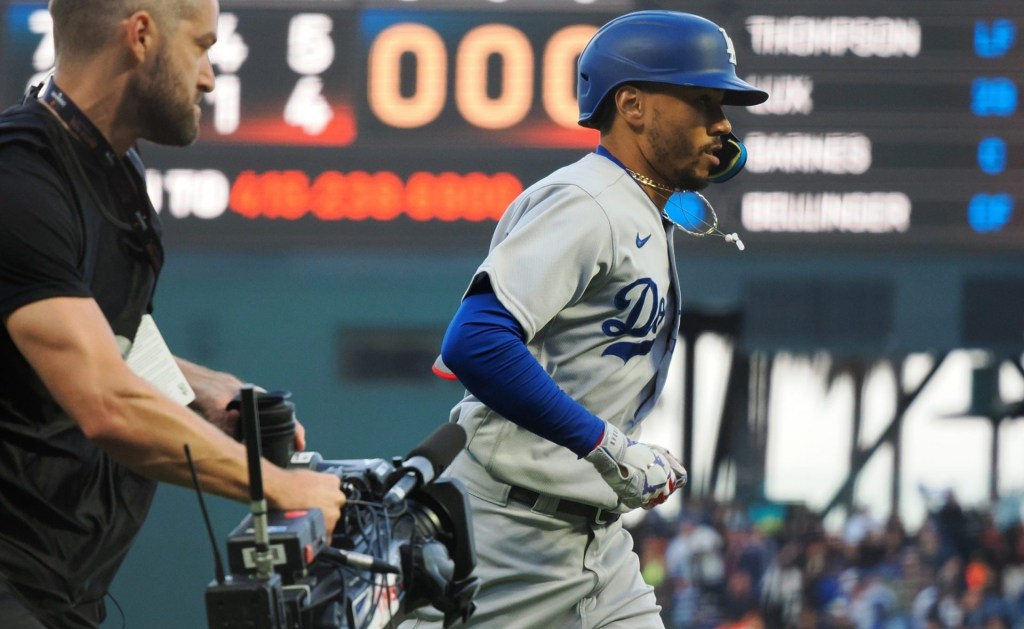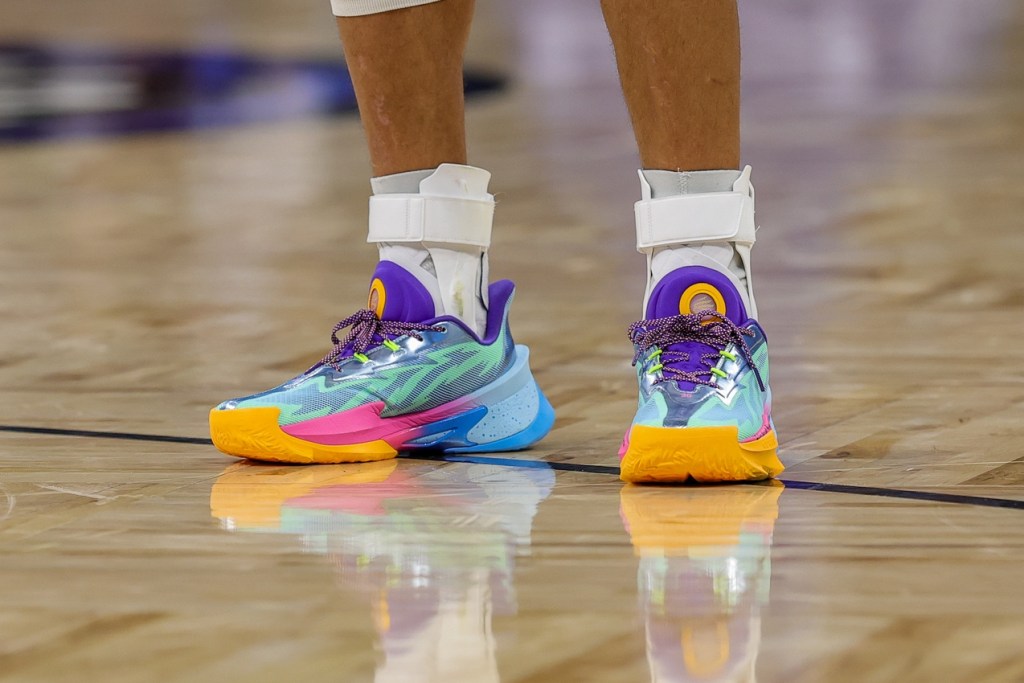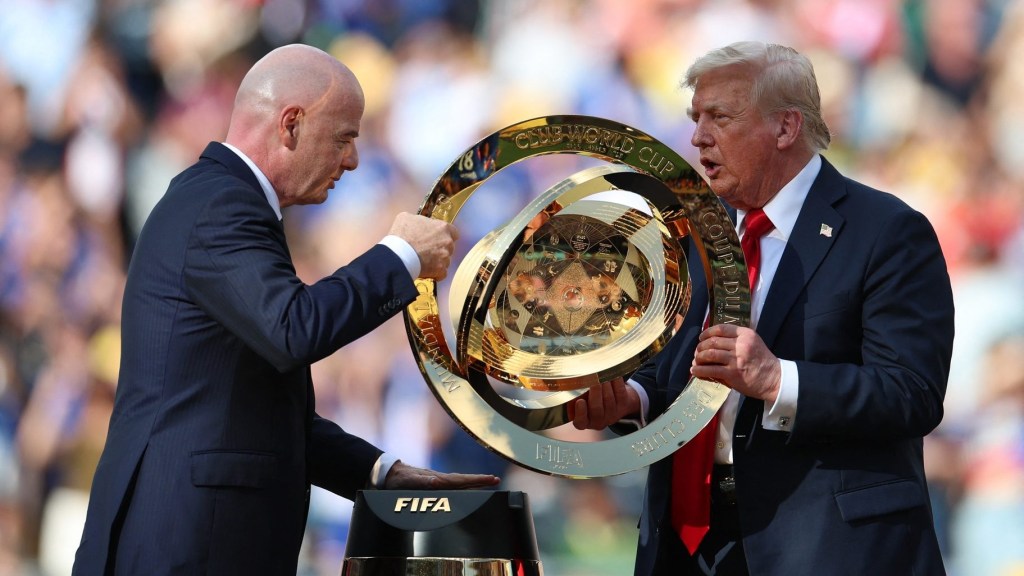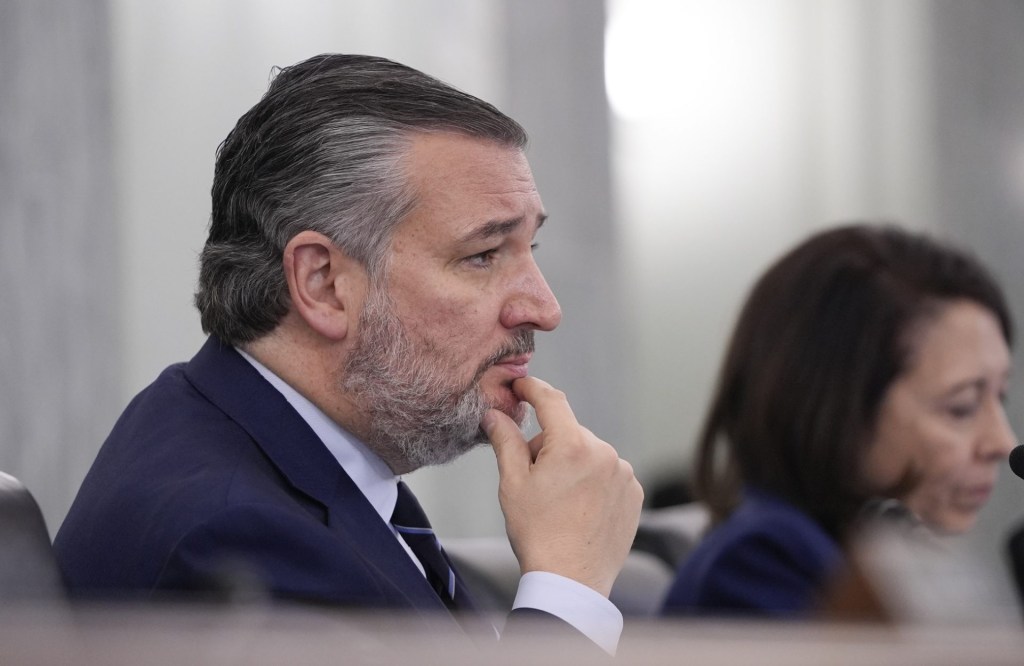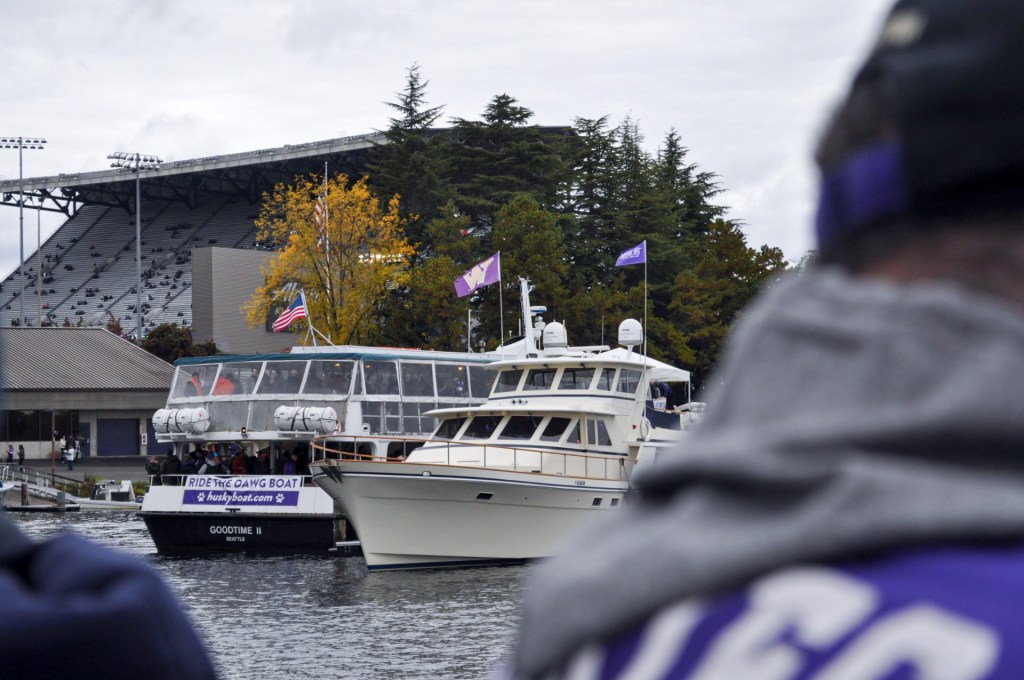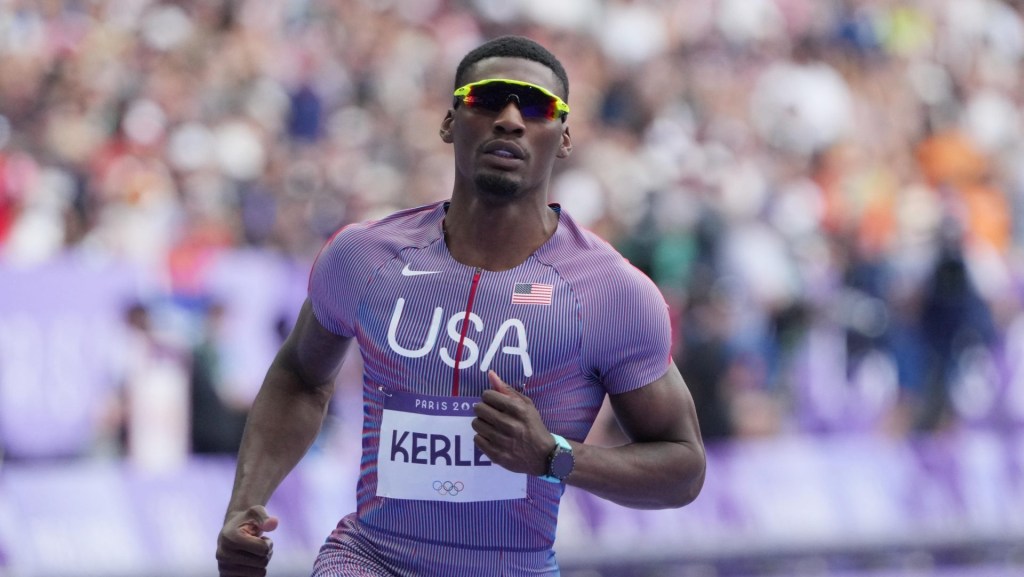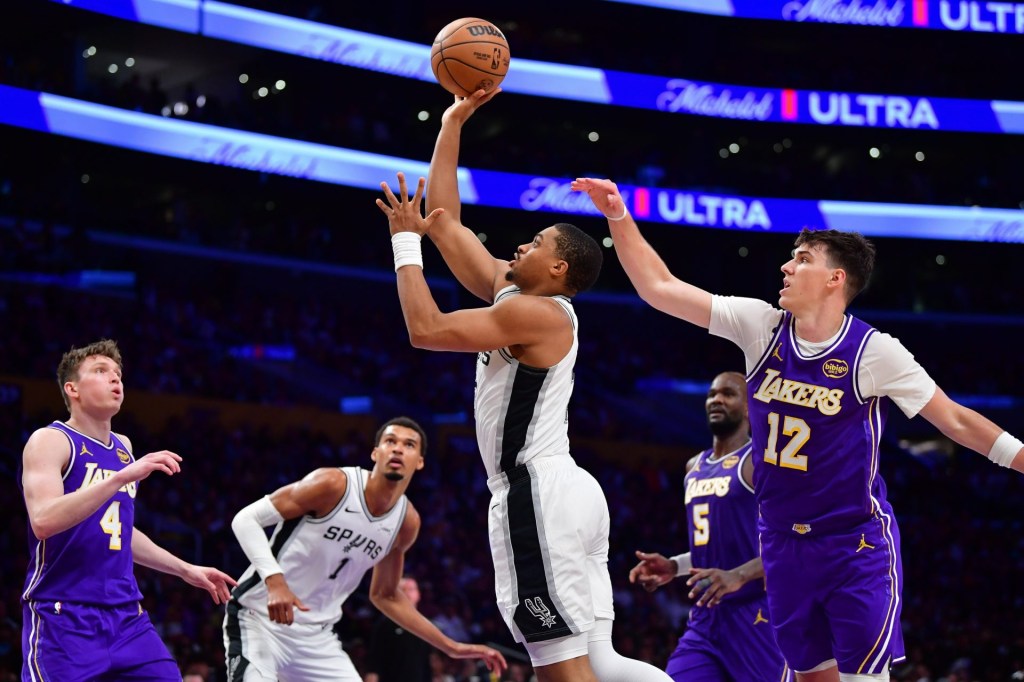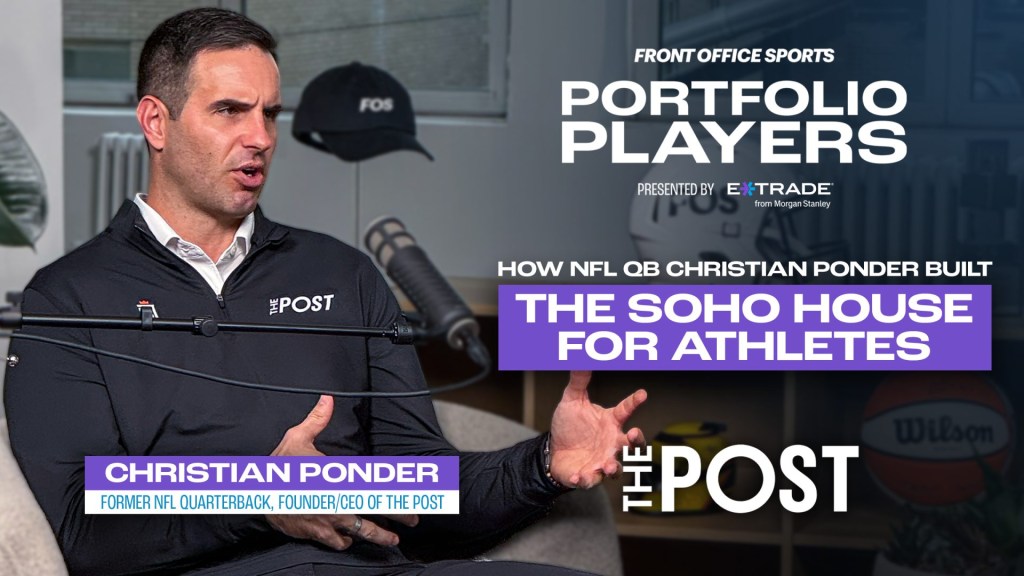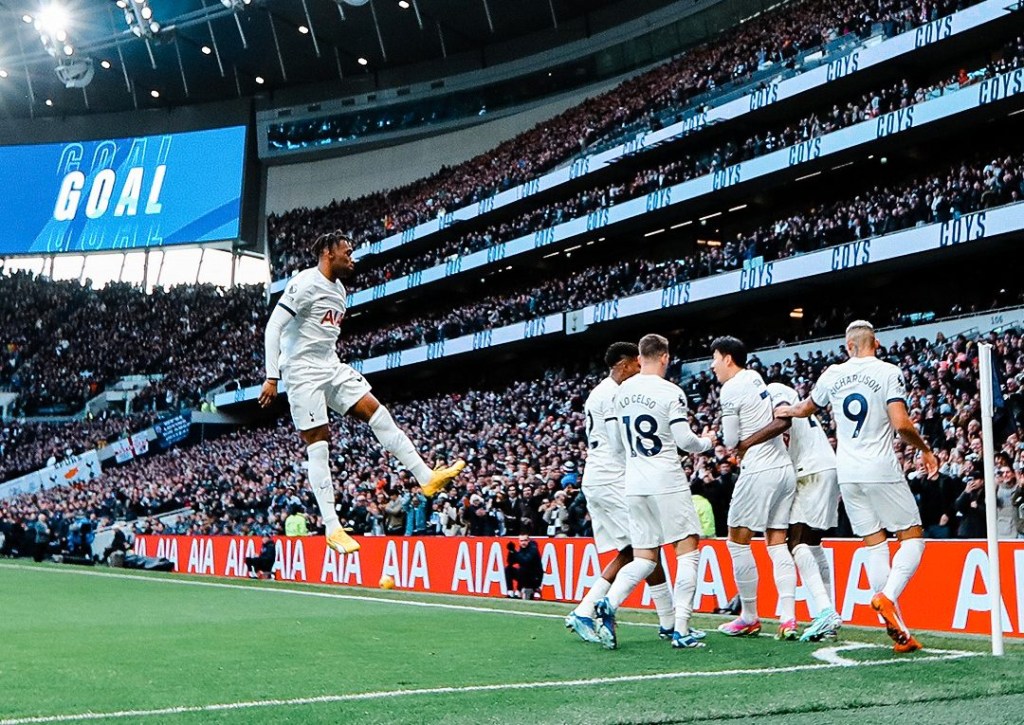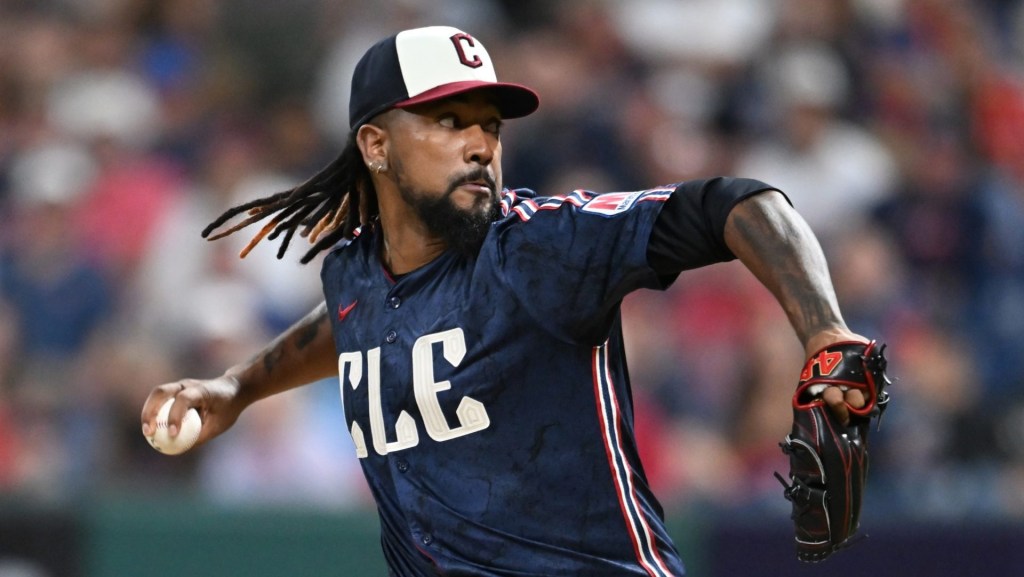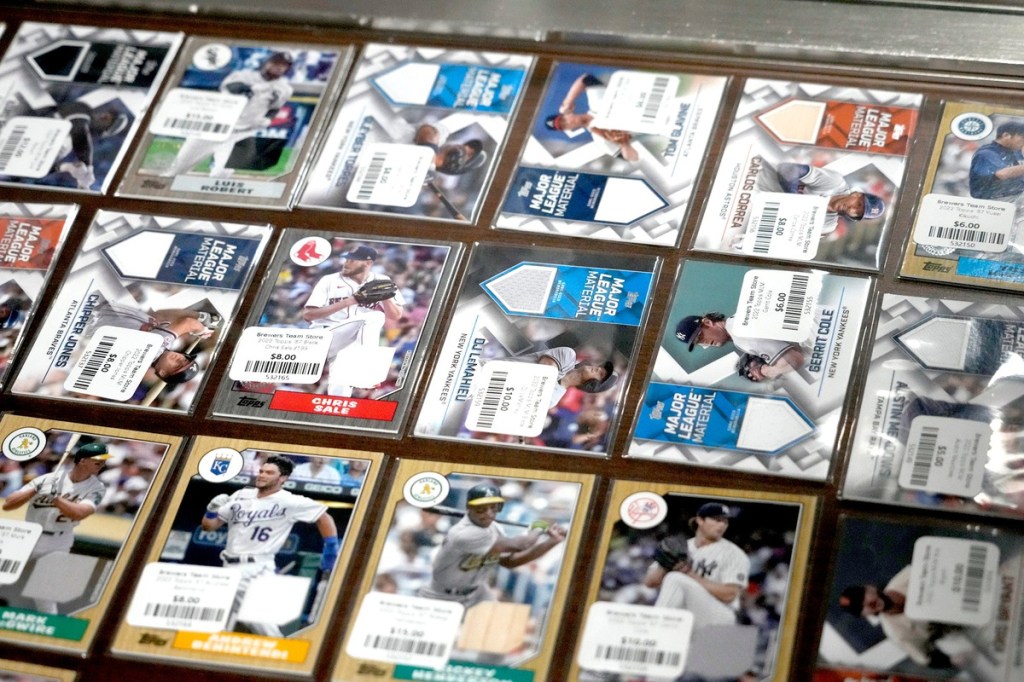A federal judge blessed the NFL’s policy of restricting where distributors can sell league-licensed merchandise, dismissing a lawsuit against the NFL and Fanatics.
Casey’s Distributing, a Nebraska-based company that re-sells official league apparel from licensees like Fanatics, sued the NFL and Fanatics in 2022 after the league blocked the company from selling NFL merchandise on third-party platforms like Amazon and Walmart.com. The NFL allows distributors like Casey’s to re-sell licensed products, but requires authorization at every step; the lawsuit alleged that the NFL dictating where distributors can sell league-licensed merchandise is an antitrust violation, and charged the league’s 32 teams with colluding.
Casey’s in its suit wrote that Fanatics, “has used its funding to buy up competing licensees of NFL products, slowly securing its dominance in the licensed sporting goods market, the crown jewel of which is NFL licensed products… The NFL aids and abets Fanatics because it has invested well over $400 million in Fanatics to become a large equity shareholder.”
But in a 12-page decision dismissing the lawsuit, Judge Andrew Carter of the Southern District of New York ruled this week that even though the NFL strategy that drives sales through its own platforms and Fanatics does injure smaller competitors like Casey’s, there is nothing legally wrong with that.
“While Plaintiffs have been harmed by the actions of the defendants, the law protects competition, not competitors,” Carter wrote. “The anticipated effect of the allegedly anticompetitive scheme would be higher prices for consumers. There is nothing in the complaint adequately alleging that consumers must pay higher prices as a result of the alleged scheme.”
It’s widely understood that antitrust law is designed to protect consumers, not competitors. The judge’s view is that Casey’s did not prove harm to consumers, only harm to itself.
Because the judge ruled Casey’s does not have standing, he did not take up the question of whether the NFL’s merchandise ecosystem ran afoul of the landmark American Needle ruling, named after the hat-maker that sued the NFL to unwind an exclusive league apparel deal. In that 2009 decision, the Supreme Court ruled the NFL’s 32 teams were not presumed to be one entity with antitrust protections for leaguewide commercial contracts. Without that protection, the 32 teams could be seen as illegally colluding.
In a post last year asking whether the Casey’s lawsuit is “American Needle Redux?” sports attorney Christopher Deubert wrote, “The market for NFL licensed apparel is undoubtedly robust. It is perhaps not surprising then that the way in which the NFL controls or asserts its authority in such a market might attract antitrust scrutiny, particularly when it partners with Fanatics and Amazon, both behemoths in their own industries.”
The legal battle over whether the NFL is a cartel in how it operates in the licensed goods marketplace has still not been litigated—yet. Judge Carter ruled only on the standing question in his dismissal, though he did give an opening for Casey’s to refile its case by July 30. (Casey’s would have to prove the NFL and Fanatics are hurting consumers.) Casey’s could also appeal to the Second Circuit Court of Appeals.
Ironically, another judge in the Southern District of New York took the opposite approach from Judge Carter last year in a different sports case. In Fubo’s lawsuit against Disney, Warner Bros. Discovery, and Fox over the trio’s plans for a sports streaming service, the defendants argued, like the NFL and Fanatics, that there is no antitrust violation in harming competitors.
Judge Margaret Garnett turned their arguments down and granted a temporary injunction against Venu’s launch; the case settled shortly thereafter when Disney announced it would buy Fubo.

